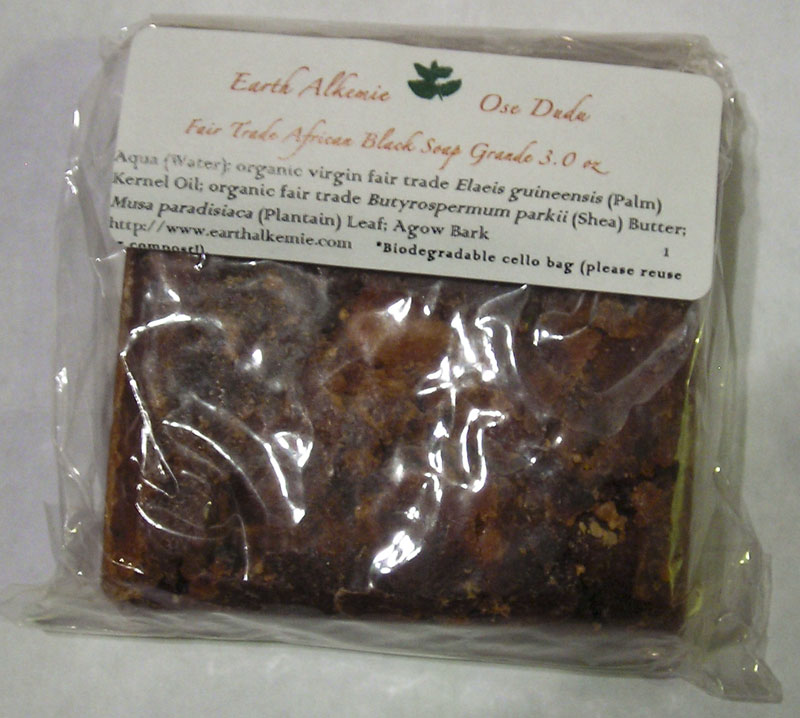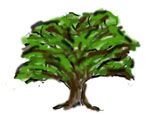Every once in a while, I’ll profile a particular beauty product or cosmetic, and here’s the first installment in Green In Oak Park’s beauty product series.
As you might have guessed, I’m pretty careful about products I use on my face, body, and hair. I want to avoid certain things, and that list can get a bit long. Many times people assume this must mean the products I buy are expensive. In some cases, that’s somewhat true, but in most, it’s not.
I struggled for a long time to find a facial cleanser that suited my needs. It couldn’t moisturize too much, nor could it dry my skin out. Ideally, it would help clean out pores, help prevent acne, and tone. I went back and forth between the Oil Cleansing Method and the very unnatural Proactiv. The Proactiv works well on acne and can do some pore cleansing, but since it’s contraindicated during pregnancy, I have to wonder about its long-term safety even for those who are not pregnant. It’s also drying for a lot of people, and some find that it just stops working for them after a certain point. Not only that, but it’s expensive. The oil cleansing method has some drawbacks too, namely that if I miss any of the oil with the washcloth, I’ll most certainly break out. It also takes a very regimented routine – at least in my case – to use a clean washcloth every day. My skin would most certainly react to washcloths that are not clean, and that’s a lot of washcloths to go through in a short period of time. Using the wrong oils or the wrong proportion of castor oil to moisturizing oil proved very problematic for me as well. Anyone who is acne-prone should probably avoid using olive oil in their OCM mixture.
Enter African Black Soap – a catchall term for many types of similar soap made in Western Africa. The exact recipes and African names vary from place to place, and the most commonly found African Black Soap in the States is known as Ose Dudu. Ose Dudu literally means “black soap” in Yoruba.
I found some locally-made African Black Soap at an herbal shop, but apparently the man making it went out of business. I was sad for him and disappointed for myself – it’s risky to try new things when you have reactive skin, and once you find a good product, it’s not so easy to switch. Getting sensitive skin back to a good state poses some challenges, and using the wrong product can exacerbate everything. Finding real African Black Soap can prove difficult as well. There are many products out there wearing the label, but not all are the real deal. I also wanted one that was fair trade, meaning the African women who make it are paid a livable, fair wage, and I wanted to stay as organic as possible.
There are several choices out there. Out of Africa is easy to find, even at Walgreens, and there are various e-tailers selling on their own sites and on ebay. I found some at Earth Alkemie. The soap they carry is fair trade and largely organic. You can choose between a few types as well, depending on your skin’s needs, and the prices are definitely reasonable. The bars are wrapped in cello bags that I can compost and I’ll reuse the postal box they came in as well.
You can see from the picture that the texture and color isn’t uniform and even. This is typical of African Black Soap but it doesn’t detract from the benefits in any way. It’s rough around the edges, so to speak, because it’s handmade, usually from the ashes of various leaves and oils such as shea butter, palm kernel oil, coconut oil, etc. It’s not going to look uniform like Zest or Irish Spring.
Now that I’ve been using it for a few months, my skin is clearer and less oily where it tends to get oily, as well as less dry where it tends to be dry. People credit ABS with getting rid of all sorts of skin issues: acne, eczema, rashes, rough skin, oily skin, dry skin, to name a few. I will say I notice it cleans out my pores well, and I suspect that it helps draw any toxins in the pores out. I’m of the opinion that many skin problems, aside from beginning with inner health issues, tend to correlate with trapped toxins in the skin. Healing the problems within is ideal, but pulling toxins out of clogged pores is a very good thing too.
I tried the smaller 2oz first and then ordered several 3oz when I was almost done with the 2oz. The 2oz lasted me almost about a month and a half and cost about $5 with shipping. The 3oz bars I bought cost about a little less than $6 each with shipping. Buying and using African Black Soap is so much cheaper and better for my skin than $46 for Proactiv every six weeks or so.





